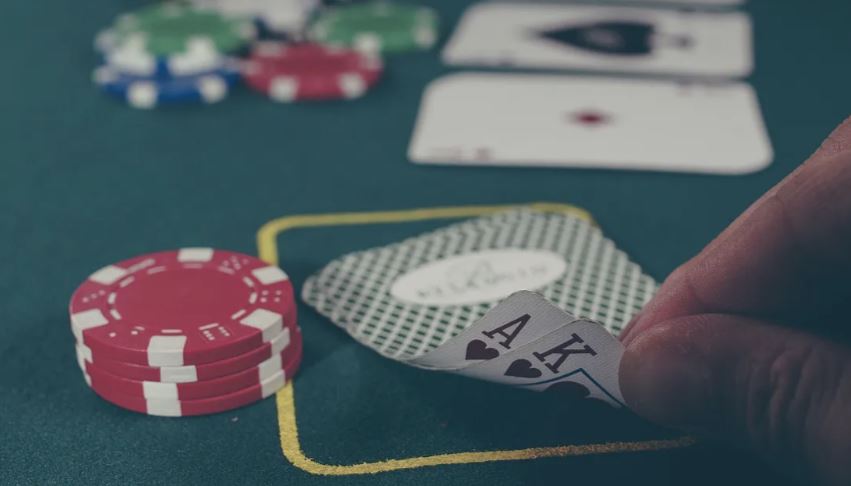Being a part of a competitive card game can be an exhilarating experience, but all the excitement can make it hard to think rationally and choose wisely. The best players are able to analyse the game in real time and quickly recognise emerging opportunities and threats. A highly specific skillset is required for elite performance in poker or blackjack online casino games, and it consists of several distinct abilities. A bit of talent comes handy of course, but the only real way to get appreciably better is relentless practice of key skills.
Let’s discuss some of the relevant abilities that separate great card players from mere mortals.
Picking Your Spots to Push Your Luck
After a player is dealt the initial hand, he has a big decision to make – pass or play on. By deciding to continue, he assumes additional risk that accumulates over time. Pursuing every hand is simply not a viable strategy in poker or blackjack, as it typically results in quick draining of your wallet. It’s necessary to be more deliberate and evaluate your hand honestly before taking the next step. Some players define a threshold for taking action while others play more fluidly, but everyone knows that you can’t be too aggressive all the time. The opposite is also true and too cautious players may be undercutting their own chances though inactivity and folding potentially winning hands. Staying right on the edge between recklessness and hesitancy is the ultimate goal, but that’s much easier said than done when real money is on the line.
Calculating the Odds to Win
Only novice players base their decisions on hunches, real card sharks do the actual math and make their moves based on precise probability calculations. That way, when they take risks they do it with full awareness of the real chances to come out victorious. This seems like a basic skill since card games rely on simple mathematical operations, but doing the correct calculation while simultaneously following the flow of the game and trying to win is more challenging than you might think. The probabilities change with every card that is revealed, so the player has to continually reassess his position and check the risk-to-reward ratio. Taking some risk can be a good thing, but only if the average expected outcome is not too damaging. The math is much simpler in games played with a single deck, giving the player a chance to determine exactly how likely he is to draw the winning card.
Controlling Your Budget for the Session
Every decision at the poker table eventually translates into money, so before making a risky bet you need to stop and ask whether you can afford it. Running through your stack too quickly will get you eliminated, potentially depraving you of a chance to take advantage of favourable luck down the line. That’s why skilled players tend to be judicious with how they spend and to value every dollar they currently have. That’s not to say that it’s wise to be tight-fisted all the time and some expensive hands are bound to happen during a card game, just to warn against overexcitement in the early going. Luck tends to go around, so it makes far more sense to sit on your stack until opportunities open up organically than to force your hand repeatedly and waste your funds in the process.
Recognising Patterns that Can Be Exploited
When you are engaged in a battle of wits, you must pay attention to details and try to learn something useful from them. That’s especially the case in games like poker where you compete directly against rivals, who will reveal their tendencies sooner or later. A smart player will notice subtle patterns and think of suitable counters, thereby taking control of the game and using the opponent’s style against him. Even in simulated card games, you can track how often certain combinations appear and try to adjust your tactics accordingly. However, beware of falling into the small-sample trap and making rash conclusions based on a few isolated events. It’s very easy to see what you wish for, so you need to be quite certain in your analysis before you decide to act on your insight.
Knowing When to Call It Quits
No matter how you are standing at the moment, there is always a temptation to play just a few more hands. Winners often get greedy and try to squeeze out more from an already successful session, while losers may start believing they can turn things around with just one good draw. Those fallacies can be very dangerous and lead the player to rack up considerable losses. That’s why the most significant decision you can make during a card game is when to end your participation and walk away. A general rule is that it’s better to stop too early than too late, but adhering to it might be problematic if the player adopts tunnel vision and fixates on winning at any cost. To counter this human impulse, experienced players set objective parameters (i.e. financial level, number of hours, etc.) to remind them when it’s time to end their run.

